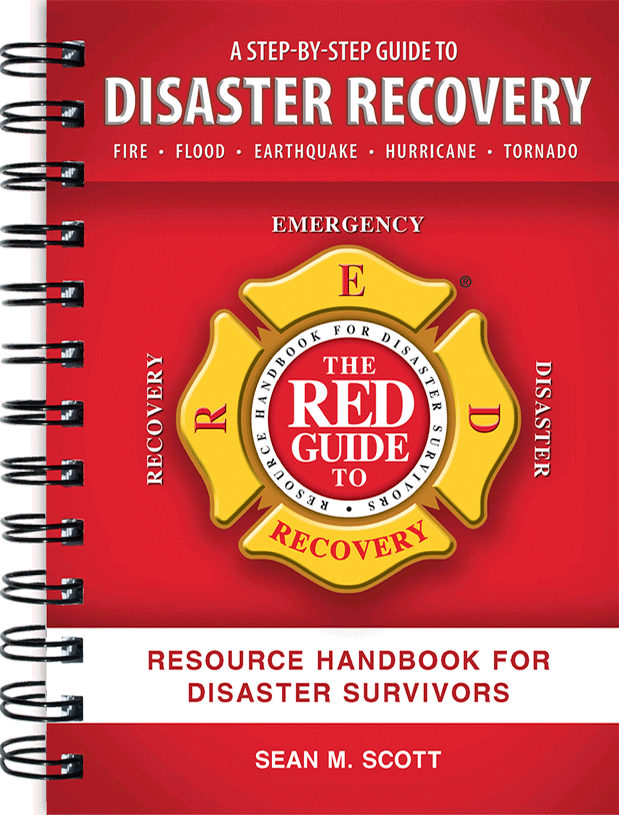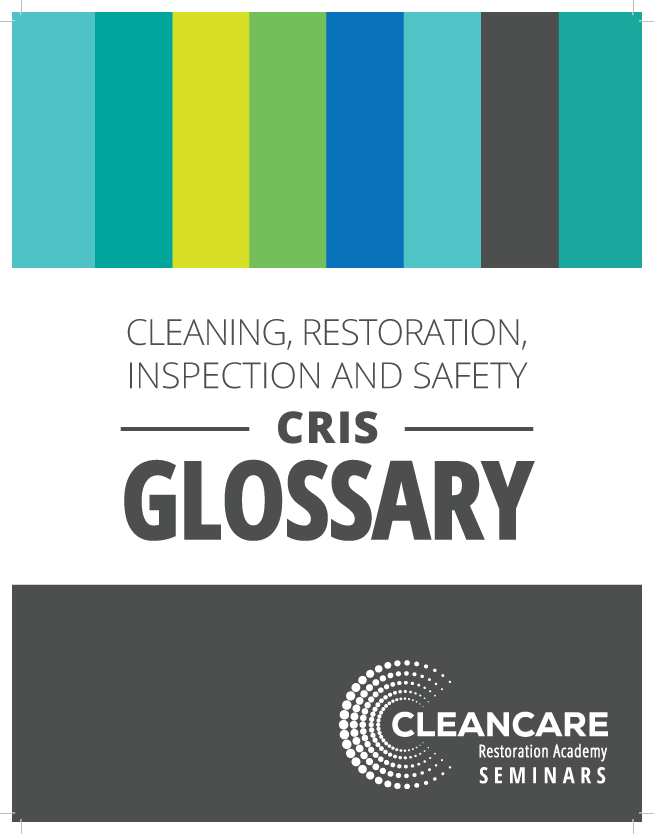Contents Corner: Employee Retention & Staffing

One of the toughest areas for any business can be employee retention and staffing. In the best of circumstances, employees can feel unappreciated or underpaid for their skill level. For some, the challenge of feeling unqualified to complete tasks given them because of lack of education or training can be enough to send them to the unemployment lines. And when it comes to the restoration industry, throw in some unique challenges like long days, after hours call out, hurricanes, and sewer backups, and let’s just say the struggle can be real!
In our industry, you have upper management, supervisors, administrators, and what I like to call the front line. The front line employees are the ones who handle sometimes not-so-pretty stuff. Things like fire cleaning, demo, water extraction and mitigation, pack-outs, after-hours emergency board-ups, removing sewage from a bathroom floor, and decontaminating a crawl space. This is also the area where staffing and retention seem to be the most difficult, and it’s no wonder. The above work conditions that I just mentioned are not exactly ideal.
However, with the right training, compensation, and clear expectations in place, you can minimize the stress and angst that can haunt your business and make you wonder why you thought a restoration business was a good idea in the first place.
So let’s talk about those front line employees for a minute and focus on compensation.
Compensation: How Much & When
There is such a wide range of opinions on this topic and I am sure some of you will disagree with me on this, but let’s talk dollars and cents for just a minute and how they motivate or demotivate people.
I know money isn’t everything, but let’s face it: no matter how much you like your job, would you do it for free? Would you run your business for free tomorrow if you didn’t need the money? I’m not a gambler, but I would put my money on your answer being the exact opposite of: “Absolutely Annissa! I would go into to my office tomorrow and every other day after that and making no money for my effort is just fine by me.”
People work because they need to make money. If you under-compensate your front line employees, you will lose them and lose them fast. You can also compensate them for efficiency and suffer in quality of work. Restoration work is not a minimum wage job. It can be emotionally and physically exhausting and presents a unique set of challenges for employees to face on a daily basis when working in the field.
Not only should you be very clear when hiring someone new about these conditions, make sure you are clear on the compensation they will receive and how they can move up, if you will, in the company and be compensated even better.
There are several ways you can structure your compensation. I want to talk to you about a couple of them for you to consider.
Graduated Hourly + Call Out Fee
When figuring hourly wage base, you need to take into consideration a few factors like experience and job description, responsibilities, time of day they will be working (evenings, weekends, etc), the type of work, and your area’s minimum wage.
Your state likely has a minimum wage somewhere between $7.50 to $11 an hour. Now I did say that this type of work isn’t minimum wage work in my opinion, however this does affect where we start our base wages from.
When figuring out what your base wage is, you should consider having a graduated wage base for an employee who does emergency call out work. A good way to motivate an employee to get out of bed at 1 a.m. and put on rubber boots to walk in sewage is to pay them more than if it was 1 o’clock in the afternoon for the same work.
Let’s say you pay employee “X” $12 an hour during their normal shift and $24 during an emergency after-hours call out, instead of the normal time and a half that most overtime pays. This also means if they do not work 40 hours in a week, they still get a higher hourly pay for that work. Then on top of this graduated wage base, you may choose to give a flat amount “call out fee” to each employee who goes on an after-hour call out.
Graduated Hourly + Bonus Per Job or Based On Company Overall
Paying your front line employees a bonus is an excellent way to increase your productivity, thus increasing your profits. A per job-based bonus can do great things for your profit margins. However, you need to be really careful that this type of bonus structure does not affect your quality of work. And this is especially true when dealing with structure and contents cleaning.
For instance, if you were to pay a bonus for “X” amount of boxes or square footage cleaned per hour, you could find yourself dealing with call backs from clients due to poor quality of work. A better way to bonus per job would be on the overall profits and client job testimonial performance. This not only encourages efficiency, which means we make more money per job, but it also promotes client satisfaction and pride in workmanship. This can also create a real team spirit and unity amongst your employees. This is the one I prefer.
A bonus based on overall company performance is also an option when it comes to figuring a bonus structure. Individuals, no matter what job they worked on or what area of the business they worked in, would all receive a bonus based upon a shared responsibility with all departments. You would probably want to structure this type of bonus so that employees, based upon their position in the company, get different percentages.
This type of bonus structure is my least favorite. It has the potential to have a negative affect and actually discourage the front line worker. For instance, if a front office secretary received the exact same bonus as a front line worker that was out in the field extracting and cleaning up a sewage job, you could wind up making the front line worker feel like others are unfairly benefiting off of their hard and sometimes not-so-pleasant to perform work.
Bottom line here is this: restoration on the front lines isn’t for everyone and that’s ok. But if you are experiencing problems with hiring, high turnover, and employee retention, it is your responsibility to know how they are feeling about the company overall and about their compensation. And chances are if you are having problems with high turnover from your front line, you may want to take a second look at how you are compensating them.
Looking for a reprint of this article?
From high-res PDFs to custom plaques, order your copy today!









